Dreams about animals often serve as windows into our subconscious minds, offering insights into our instincts, emotions, and behaviors. When animals appear in our dreams, they might reflect our connection to nature or even reveal personal traits and hidden desires. In this article, I check out the different meanings behind these dreams and offer practical advice for understanding their significance.
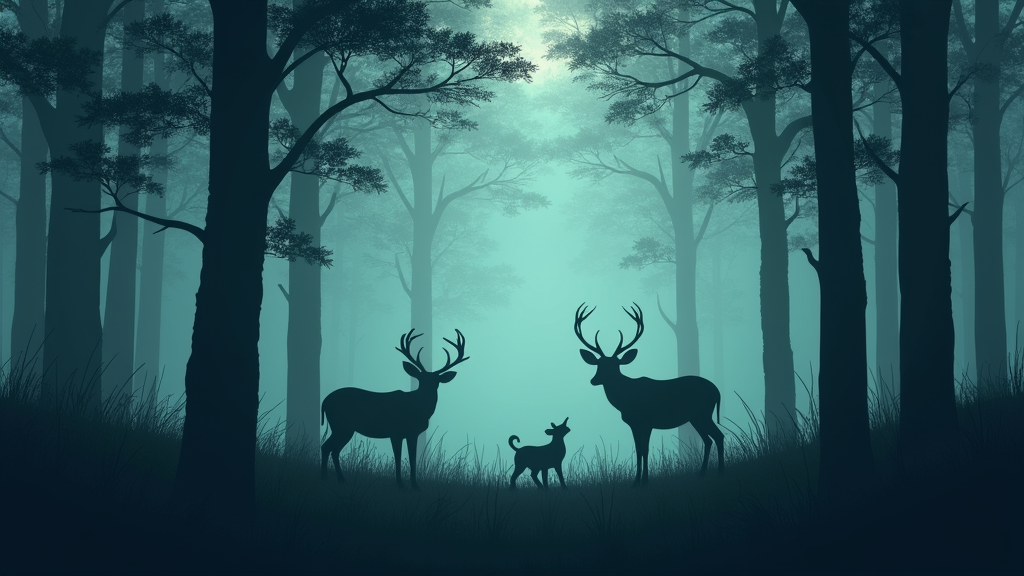
Interpreting Animal Dream Symbols
Animal dreams can capture complex messages about our inner selves. Many times, these dreams are less about the literal animal and more about the qualities associated with that creature. For instance, dreaming of a lion might relate to strength and courage, while a gentle deer could symbolize vulnerability or gentleness. The symbolism often depends on the type of animal and the context of the dream.
The appearance of an animal in a dream can be seen as a mirror reflecting personal traits. When you see a wild animal, it could be your own untamed emotions coming to the surface. Calm encounters with animals might represent inner peace or the balance between your instinctual and rational sides.
Often, these dream symbols are influenced by your personal experiences. If you have grown up with pets or have a strong connection with nature, these dreams might carry a more profound personal significance. Understanding these symbols can help guide your adventure towards better self-awareness.
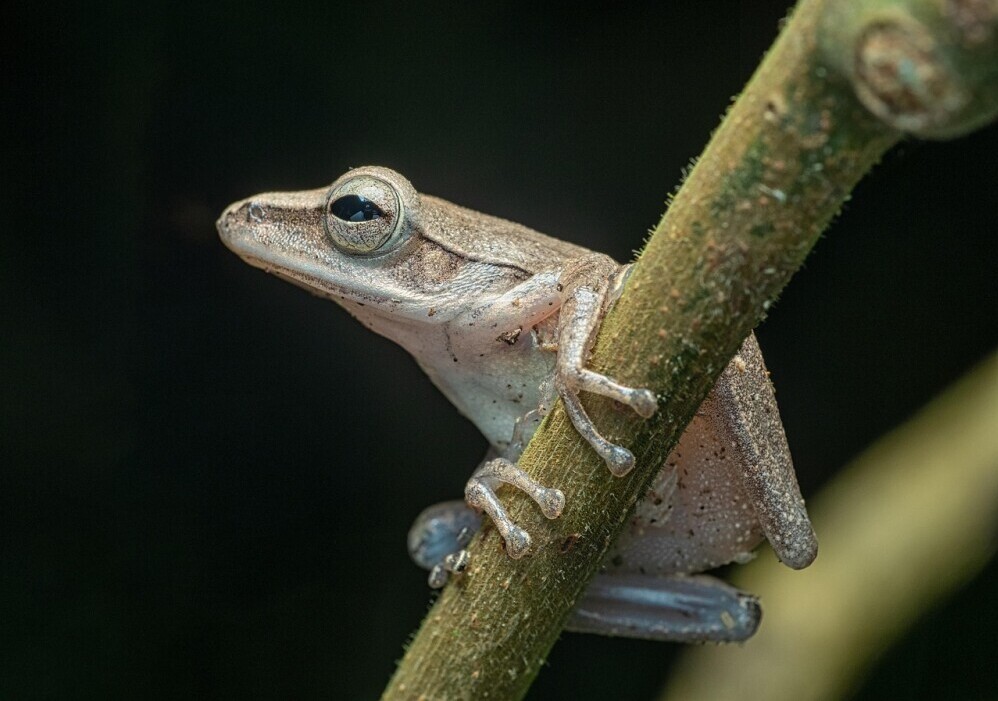
Understanding Animal Dream Symbols
The meaning behind dreams about animals is not fixed and can vary based on the situation in the dream and your life circumstances when you experience them. Animals in dreams tend to bring forward various aspects of your personality:
- Instincts and Survival: Many animals represent your basic survival instinct or primal impulses. These dreams may hint at feelings of vulnerability or a need to reconnect with a more instinctual way of being.
- Emotional Connections: Some animals symbolize emotions that you might be experiencing in waking life. For example, a friendly dog could evoke feelings of loyalty and affection, while a lurking snake might represent anxiety or unease.
- Personal Traits: The characteristics of the animal you see in your dreams can mirror aspects of your personality. The independence shown by a cat, the energetic nature of a horse, or the mysterious vibe of an owl all speak to unique traits that you might recognize in yourself.
These interpretations are not set in stone but can offer useful guidance when you try to understand why a particular animal appears in your dreams.
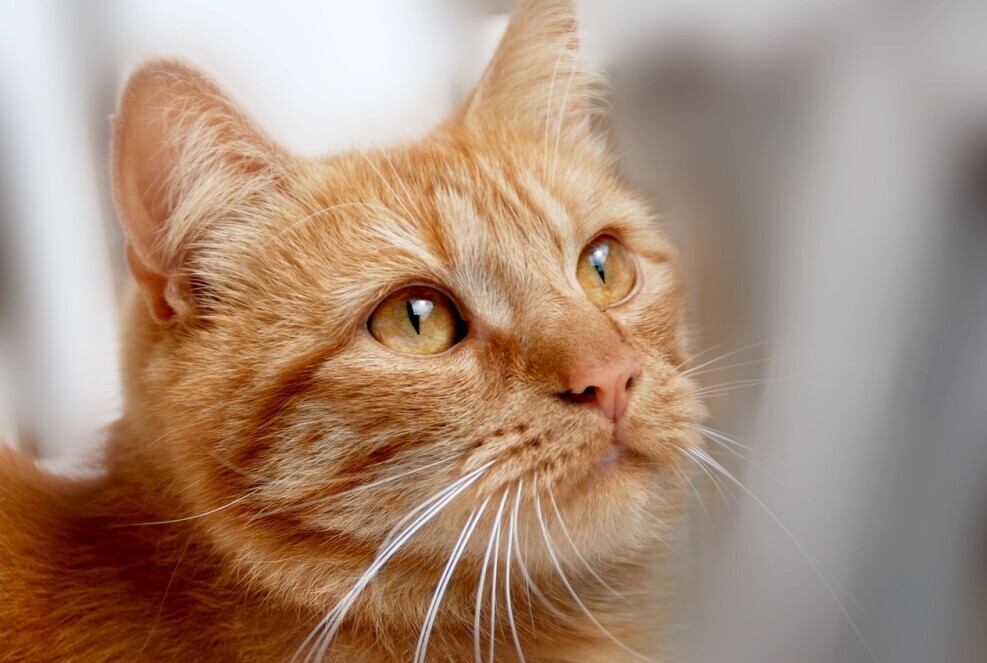
Common Animal Symbols in Dreams
Different animals carry different meanings, and knowing these can offer more clarity when you review your dreams. Here are some common animals and the themes they might symbolize:
- Dogs: Represent loyalty, companionship, and sometimes protection. If you dream of a dog, it may indicate your need for support or the presence of reliable relationships in your life.
- Cats: Often symbolize independence, mystery, and personal intuition. A cat in your dream might be urging you to trust your instincts or to embrace your own space and freedom.
- Snakes: Frequently tied to transformation, healing, or hidden fears. A snake may be a signal that you are undergoing some form of inner change or need to face some discomfort to grow.
- Birds: Vary widely in meaning depending on the species. They can represent freedom, aspiration, or the desire to escape constraints in your waking life.
- Lions: Symbolize strength, power, and sometimes dominance. A lion might encourage you to take up a notch in confidence or assert your leadership in a challenging situation.
Although these symbols offer a starting point, your own experiences and cultural background play an important role in defining what these animals mean to you personally.
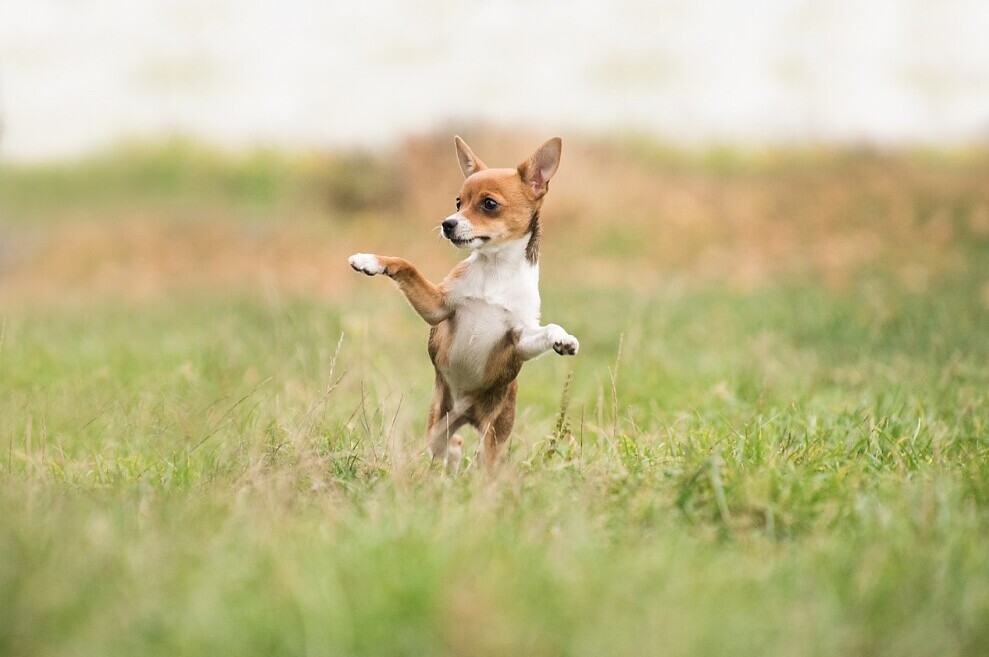
Steps to Analyze Your Animal Dreams
Analyzing dreams is a practice that many people find both fascinating and enlightening. Here are some steps that can help you dig into the meaning behind your dreams about animals:
- Keep a Dream Journal: Record your dreams as soon as you wake up. Write down any animals you remember and the feelings that accompanied their appearance. This practice can help you notice recurring themes and patterns over time.
- Identify the Context: Reflect on what was happening in the dream. Were you in a familiar setting or someplace entirely new? The setting can offer clues about the emotion or memory the dream is linked to.
- Examine Your Emotions: Consider the feelings you experienced during the dream. Strong emotional reactions are important markers. An animal that caused fear or excitement might reveal unresolved issues or powerful desires you have not fully acknowledged.
- Reflect on Your Waking Life: Draw connections between your dream and recent events in your life. Sometimes, an animal may appear to symbolize a trait or circumstance that feels particularly significant at that moment.
- Consult Resources: Books and online resources on dream interpretation can provide additional perspectives. They may not always match your experience, but they can help broaden your understanding of the symbolic language of dreams.
Regular reflection on your dreams can encourage creativity and self-awareness, providing insights that influence your daily decisions and long-term outlook.
Challenges in Interpreting Animal Dreams
Dream interpretation is a highly personal journey, and several challenges may arise along the way. By recognizing these obstacles, you can approach your dreams with a more open and clear mindset.
- Subjectivity of Symbols: What an animal means to one person might differ from the meaning it holds for you. Personal experiences shape these interpretations, so it may take some time to pinpoint accurate meanings.
- Overcomplicating Simple Dreams: Sometimes, the simplest dreams are the hardest to explain. Not every detail in a dream is laden with symbolic meaning, and overanalyzing can sometimes dilute the natural insights the dream offers.
- External Influences: Feelings from stress or daily life can cloud your interpretations. It might be helpful to distinguish between recurring dream themes and fleeting images influenced by recent events.
- Incomplete Recall: Many times, we wake up with only fragments of our animal dreams. This incomplete recall can make it challenging to piece together the intended message.

Subjectivity of Symbols
Your personal history plays a significant role in how you perceive animals in your dreams. Cultural background, personal experiences, and even personal beliefs influence these symbols. Taking the time to understand your own perspective makes it easier to assign meaning in a way that is truly relevant to you.
Overcomplicating Simple Dreams
It is easy to fall into the trap of overthinking when you remember a vivid dream. Focusing on one single element might cause you to miss a broader interpretation. Remember that dreams are not always designed to be puzzles that need solving. Sometimes they are simply reflections of your current state of mind.
External Influences
Stress and daily challenges can sometimes seed your dreams with quick, unimportant images that do not carry deeper meaning upon closer inspection. Spotting which elements are significant requires practice and clear-eyed reflection.
Incomplete Recall
Waking up in the middle of a dream may leave you with only a faint memory of the event. One helpful practice is to keep a notebook by your bed so you can jot down every detail, however small, before it fades away.
These common challenges remind you to be patient with yourself as you interpret your dreams. Consistent practice over time generally leads to clearer insights and more iterations of meaningful reflections.
Advanced Tips for Exploring Your Animal Dreams
If you already have some experience with dream interpretation, a few advanced strategies can help deepen your understanding of animal symbolism:
Embrace Creative Symbolism: Try to see beyond the obvious meanings by asking yourself what personality traits in the animal might relate to aspects of your own life. This may lead you to uncover hidden layers of desire, courage, or vulnerability.
Jump into Cultural Significance: Many animals hold varied significance in different cultural or spiritual traditions. Investigate mythologies or folklore that might relate to the dream animal. This research can provide a richer context that informs your interpretation.
Meditative Analysis: Consider spending time in a meditative state before journaling. A quiet mind may help bring forward additional details or emotions that you might not ordinarily recall immediately after waking.
Pattern Recognition Over Time: Look for recurring symbols or themes in your dreams. If you notice a particular animal appearing repeatedly, it may be worthwhile to explore its meaning in greater depth over time.
Integrating these techniques can help you develop a more nuanced understanding of the messages hidden within your dreams. Advanced interpretations often require time and openness to the evolving nature of your subconscious reflections.
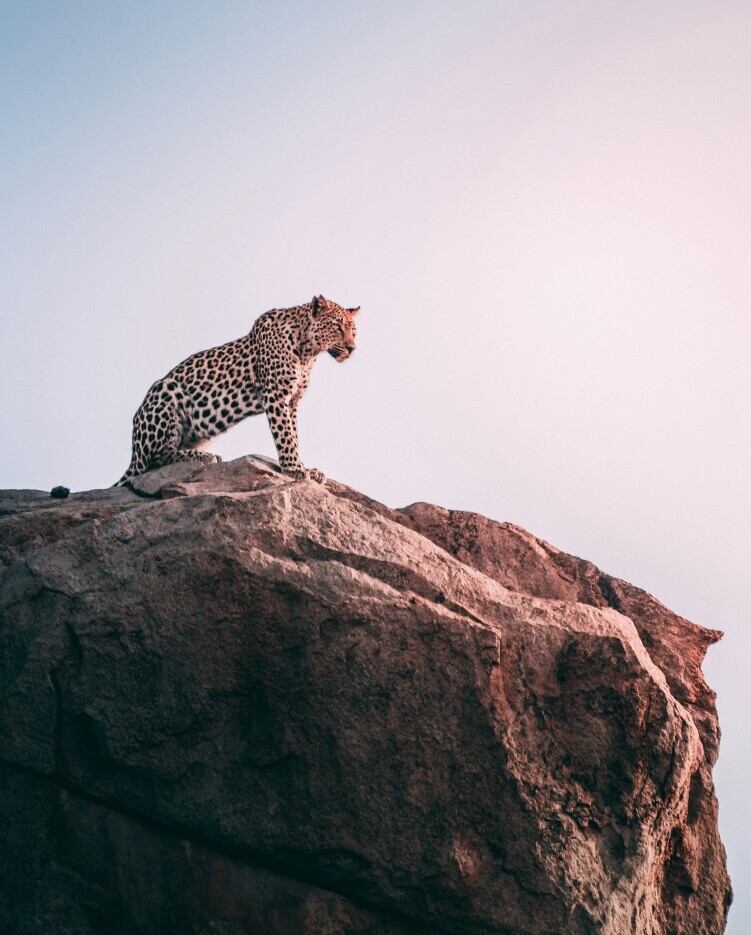
The Basics: Recognizing Patterns in Animal Dreams
For those who are just beginning the adventure of dream interpretation, laying a foundation with the basics is incredibly helpful. Observing consistent themes in your dreams can give you an overall perspective on what your subconscious is trying to communicate.
One practical approach is to note the types of animals that appear most often. Are certain species repeatedly featured during times of stress or happiness? Such patterns can indicate how your inner world processes external events and emotions.
- Observing Behavior: Note if the animal behaves aggressively, peacefully, or erratically. Behavior often mirrors the emotional tone of the dream and may offer insights into what part of your emotional spectrum is active at that time.
- Evaluating Setting: The background or location in which the animal appears can be telling. Occurrences in nature might suggest that your subconscious desires solitude or a deeper connection with the environment.
- Considering Interactions: Reflect on any interactions you had with the animal in your dream. Did you feel fear, comfort, or curiosity? These responses can provide clues to the underlying issues stirring in your psyche.
As you become more aware of recurring patterns, the process of self-reflection becomes more intuitive. Tracking these details over time creates an evolving map of your personal growth and emotional journey.
Frequently Asked Questions
Many people have questions about dreams involving animals. Here are some commonly asked questions that might help clarify your curiosities:
Question: Why do animals appear in my dreams?
Answer: Animals can be powerful symbols of your own inner nature. They reflect your instincts, hidden emotions, or even the parts of yourself you may not fully recognize during waking hours.
Question: What does it mean if I dream about a wild animal?
Answer: A wild animal in your dream might speak to untamed feelings or a part of yourself that you have kept hidden. It can indicate a call to reconnect with your inner strength or to confront feelings you have been ignoring.
Question: Should I take animal dream interpretations literally?
Answer: It is more useful to see them as symbolic messages rather than literal predictions. Your dreams lean on metaphor and emotion, and their meaning often depends on your unique life experiences.
Question: How can journaling improve my understanding of these dreams?
Answer: Journaling helps you track recurring dreams and identify patterns over time. It can also reveal subtle emotions and insights that you might overlook without recording them immediately upon waking.
Reflecting on the Impact of Animal Dreams
Dreams about animals have a lasting impact that often goes beyond the night. They can challenge you to explore facets of your personality that you may not have fully embraced. This introspection can lead to important insights about how you approach relationships, challenges, and personal growth.
Animal dreams not only provide clarity about hidden emotions but also help you understand how you relate to the world around you. By recognizing these patterns, you can learn more about your emotional landscape and start to address unresolved feelings or conflicts in your waking life.
Many people cultivate a spiritual connection with animals. They often see these creatures as guides or symbols of change. Whether you interpret your dreams through a psychological lens or a spiritual one, the insights they offer can open up new paths for self-understanding and healing.

Practical Tips for Dream Journaling and Reflection
For anyone interested in decoding their animal dreams, maintaining an ongoing dream journal is a helpful habit. Recording your dreams serves as a personal roadmap to your inner world and supports the ongoing process of self-reflection.
Consider these practical tips as you start your dream journaling practice:
- Keep It Simple: Right after waking up, jot down the animal you saw and the feelings you experienced. You don’t need to capture every detail; focus on the essence of the dream instead.
- Review Regularly: Periodically look back at your journal entries to notice repeated themes. Over time, you may start to see clear connections between certain animals and specific emotions or life events.
- Create a Calm Environment: Set aside a quiet space where you can reflect on your dreams without distractions. A calm environment can make it easy to pick up on subtle details and foster a deeper understanding of your inner thoughts.
- Be Open to Interpretation: Allow your understanding of these dreams to evolve. Sometimes the meaning will change as you grow, and revisiting past entries can shed light on personal progress.
Recording and reviewing your dreams can gradually transform the way you connect with your inner self. These reflections may serve as gentle reminders of your resilience, creativity, and capacity for growth.
Wrapping Up Animal Dream Interpretations
Engaging with your dreams about animals can be an eye-opening experience. They guide you to explore different aspects of yourself by revealing symbols that reflect your instincts and emotions. As you deepen your understanding, you not only gain insights into your behavior but also foster a stronger connection with your inner nature.
Each dream is a small conversation with your subconscious mind. The symbols may not always speak clearly at first. Over time, repeated observations build a clearer narrative. Keep an open heart and a curious mind. You might find that these nocturnal messages gradually brighten up paths for personal growth and healing.
Start recording your dreams tonight. Notice the unique ways these animal symbols paint a picture of your inner world. The adventure of interpretation can be rewarding. It offers clarity and sometimes even the spark needed for creative inspiration.
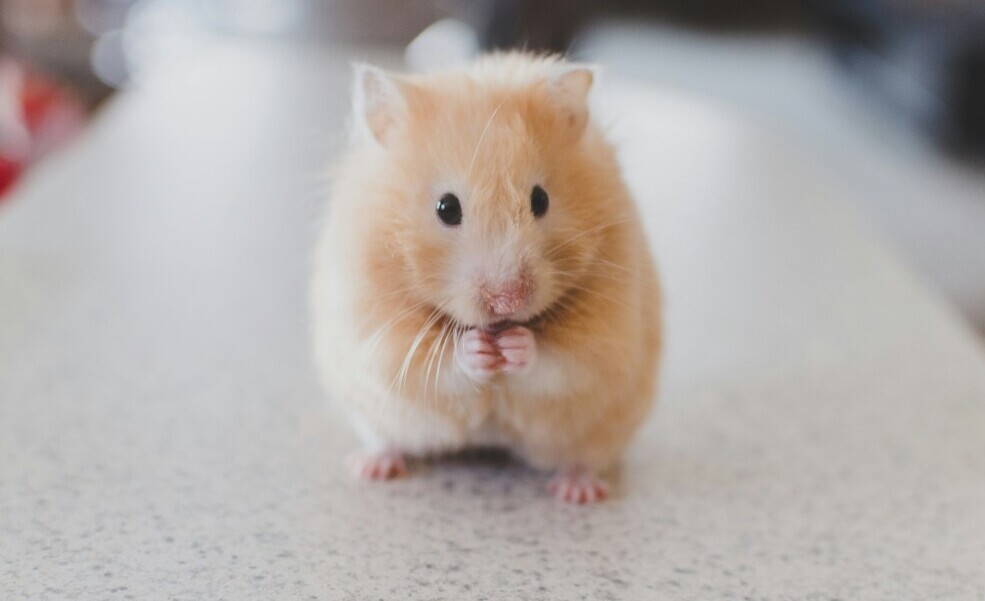
Additional Insights: Unpacking the Mysteries of Your Animal Dreams
Beyond the basic interpretations, there is a wealth of nuanced insight waiting to be uncovered in your animal dreams. Many individuals have found that by taking the time to sit quietly and reflect on the images that appear in their sleep, they are able to tap into a deeper level of self-awareness. These reflections can provide unexpected clarity about unresolved conflicts or hidden strengths. By writing down even the smallest detail, you may begin to see surprising connections between your daily life and the symbolism presented in your dreams.
The process of analyzing these dreams may sometimes feel like piecing together a puzzle. In moments of quiet reflection, you might notice that certain animals are repeated throughout various dreams. This repetition can be a gentle nudge from your subconscious, urging you to pay attention to particular qualities or emotions. Over time, these recurring symbols can help you develop a personalized dictionary of dream language that is unique to your life experiences.
Furthermore, sharing your dream experiences with someone you trust can open up new perspectives. Sometimes, describing a dream out loud allows you to see details that you might have overlooked when the dream was merely a fleeting memory. Such discussions can spark new ideas or even provide comfort when facing unresolved emotional challenges. In moments like these, your dreams become not only a source of individual insight but also a way of connecting with others who may have experienced similar symbols.
It is also very important to remember that dream interpretation is a dynamic process. As you continue to grow and change, so too might the meanings of the symbols that visit you at night. What once seemed to represent fear or uncertainty may, with time, transform into a symbol of strength and resilience. This evolving relationship with your inner imagery encourages ongoing self-reflection and personal growth, making your dream journal a living document of your emotional journey.
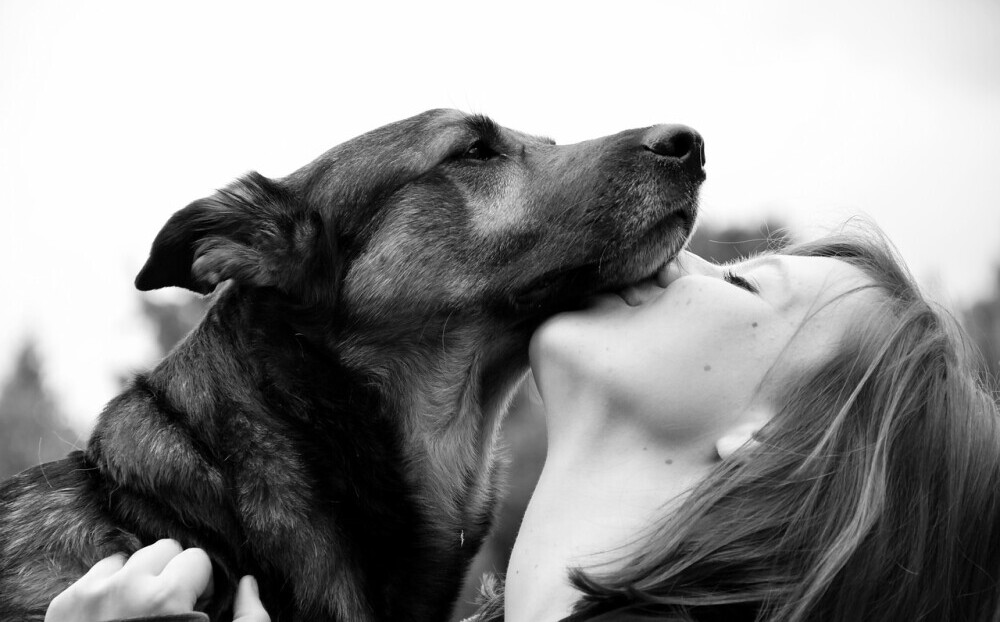
Additional Reflections on Personal Growth Through Dream Work
Many who undertake the practice of dream journaling report a gradual shift in how they approach life’s challenges. The process of revisiting and reinterpreting your dreams can act as a mirror, reflecting changes in your thoughts and feelings over time. As you look back on earlier entries, you may notice a slow evolution in the types of symbols that appear and the messages they communicate. This organic change can be very important because it underscores the notion that personal development is never static.
Moreover, the discipline of recording your dreams each morning can serve as a grounding ritual. It offers you a structured pause between the subconscious realm of sleep and the conscious demands of the day. In these moments of calm after waking, you find an opportunity to sift through layers of emotion and experience. The benefits of this practice can ripple into other areas of your life, helping you better navigate stressful situations and build a more positive outlook on daily challenges.
Taking time to reflect on your dreams is not just about analyzing symbols—it is about opening up to a process of self-compatible exploration. Over time, you may notice that the insights gained from your nightly adventures help you make sense of the complexities of your waking world. This alignment between your inner and outer experiences nurtures a balanced perspective, one that is enriched by both introspection and proactive steps toward self-improvement.
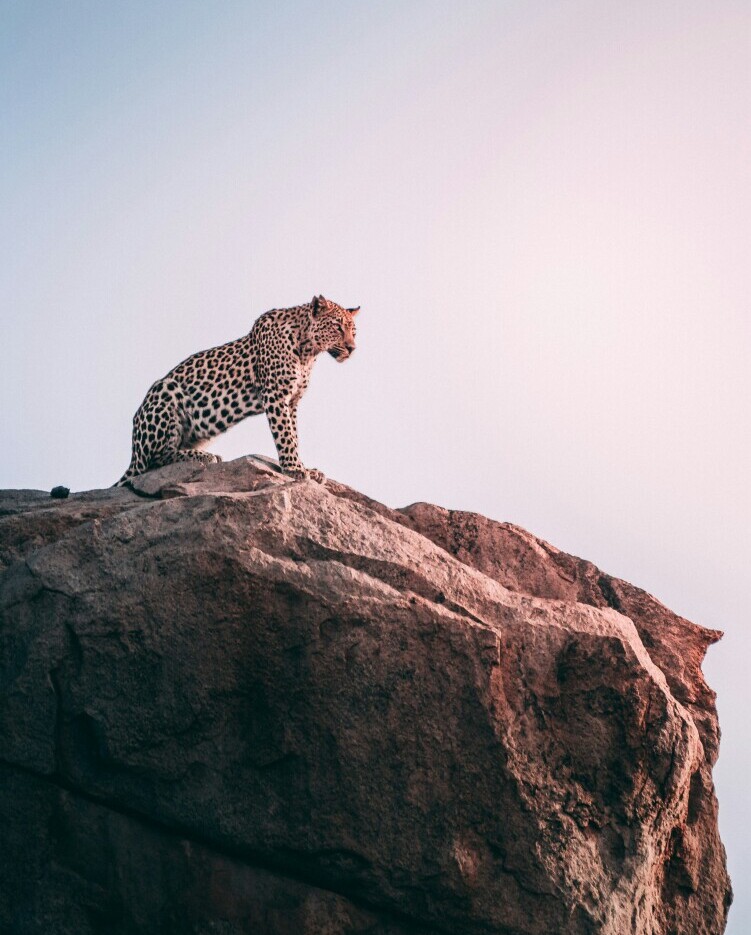
Leave a Reply